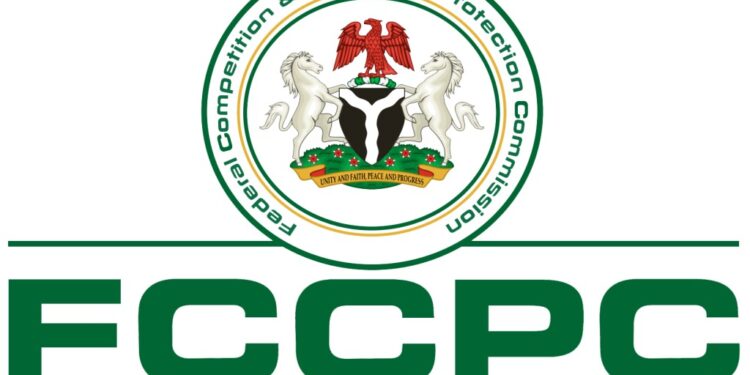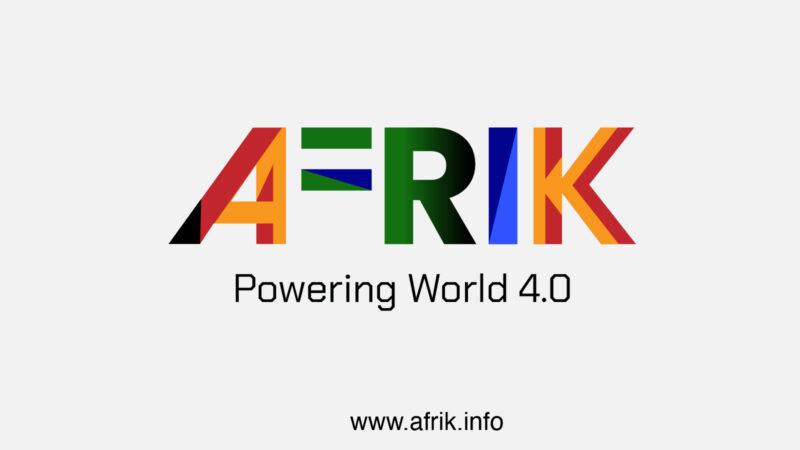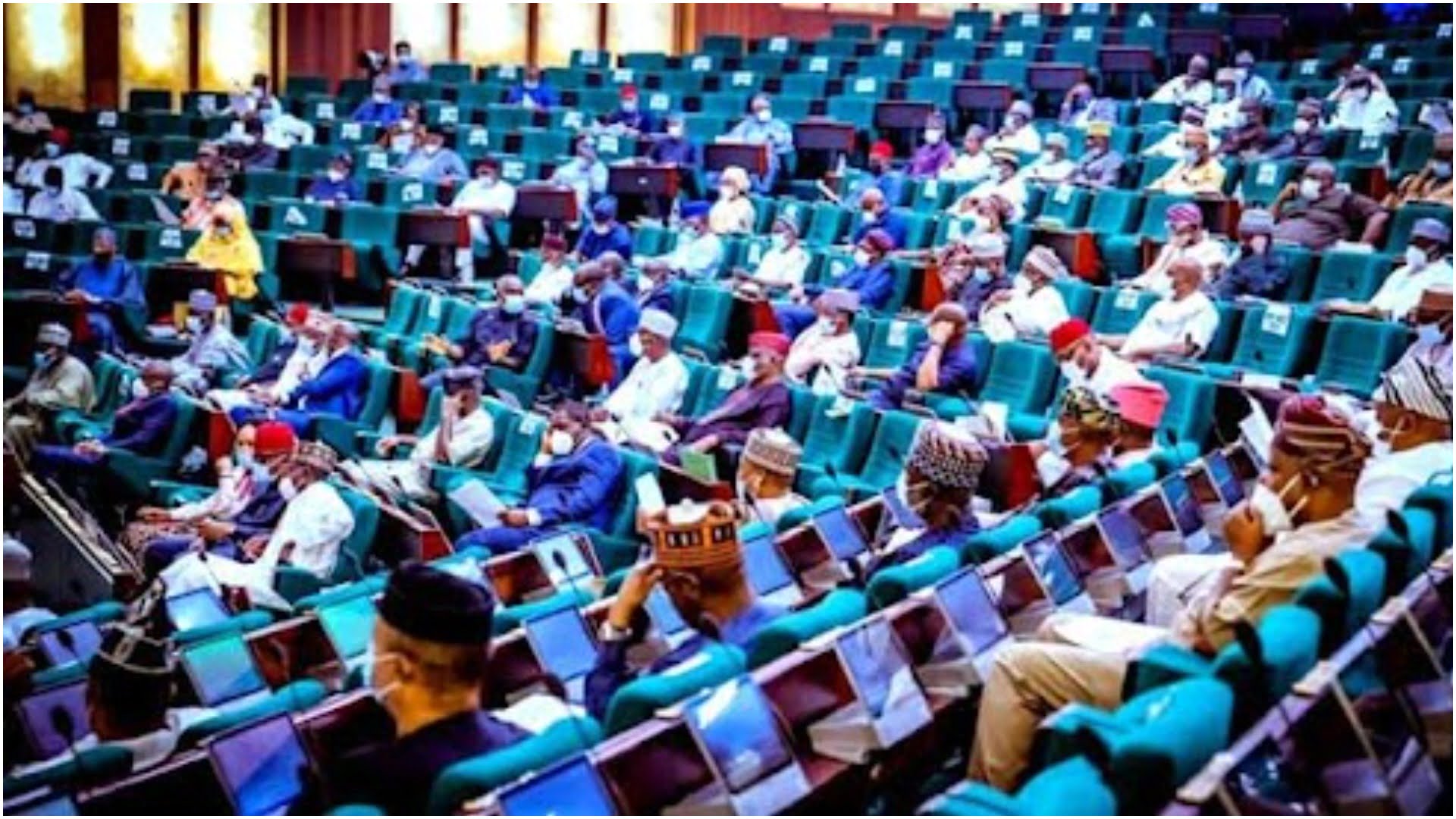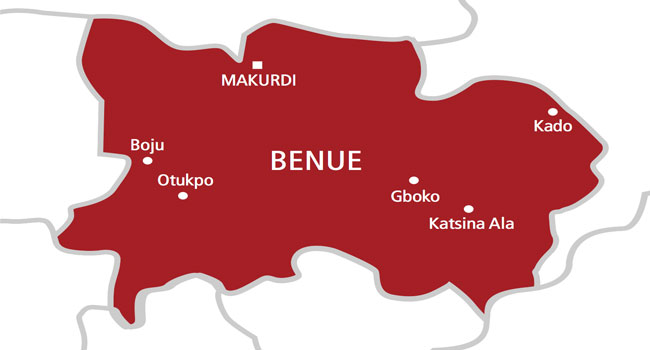The African Export-Import Bank (Afreximbank) has vehemently criticised Fitch Ratings’ recent downgrade, arguing it is predicated on a misunderstanding of its founding treaty and its immunity from sovereign debt restructurings in member states
[dropcap]T[/dropcap]he African Export-Import Bank (Afreximbank) has sharply criticised Fitch Ratings’ recent decision to cut its assessment to one step above junk, labelling the move as being based on a “false premise.”
Also read: Afreximbank reports strong Q1 2025 growth amidst global challenges
Fitch had last week downgraded Afreximbank to BBB- from BBB, bringing its rating perilously close to speculative grade, citing concerns that the Cairo-based bank’s loans to Zambia and Ghana might face losses in ongoing debt restructuring exercises.
Afreximbank issued a statement on Tuesday, asserting that Fitch’s decision “is hinged on the erroneous view, in some quarters, that the treaty establishing Afreximbank, executed by its 53 participating African states, can be violated by the bank without consequences.”
The development bank further clarified that it is not participating in debt restructuring negotiations related to any of its member countries, underscoring its stance on its unique status.
Afreximbank has found itself at the centre of several African sovereign debt re-works, including those of Ghana and Zambia. In these cases, the bank has consistently argued that its preferred-creditor status exempts it from being compelled to restructure its loans, a position rooted in its founding treaty.
This difference of opinion has raised significant concerns throughout the years-long debt workout processes that Zambia and Ghana have endured.
Both nations have struck deals with bilateral lenders and bondholders, who are now pressing commercial creditors, including Afreximbank, to offer comparable debt relief.
Also read: Afreximbank commits $1 billion to transform Africa’s film, creative sector
However, Ghana and Zambia have consistently stated that they cannot recognise Afreximbank, which lends at commercial rates, as a preferred creditor akin to institutions like the World Bank and International Monetary Fund.





























